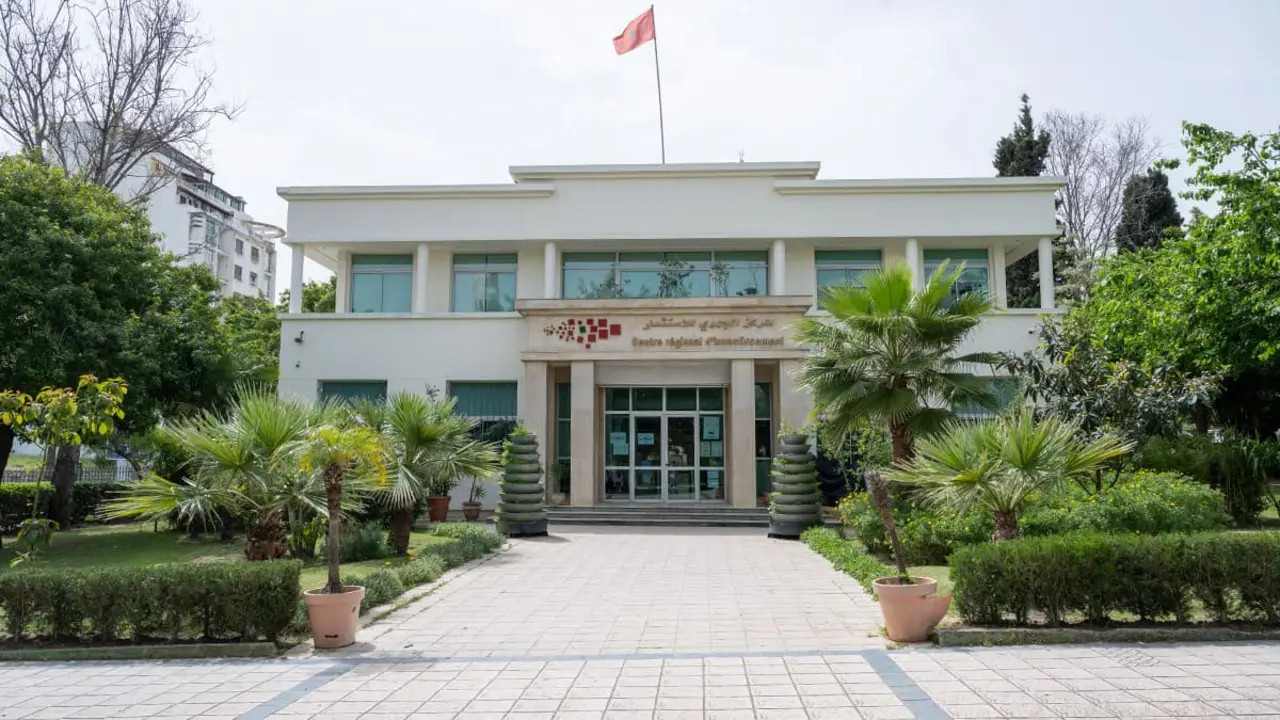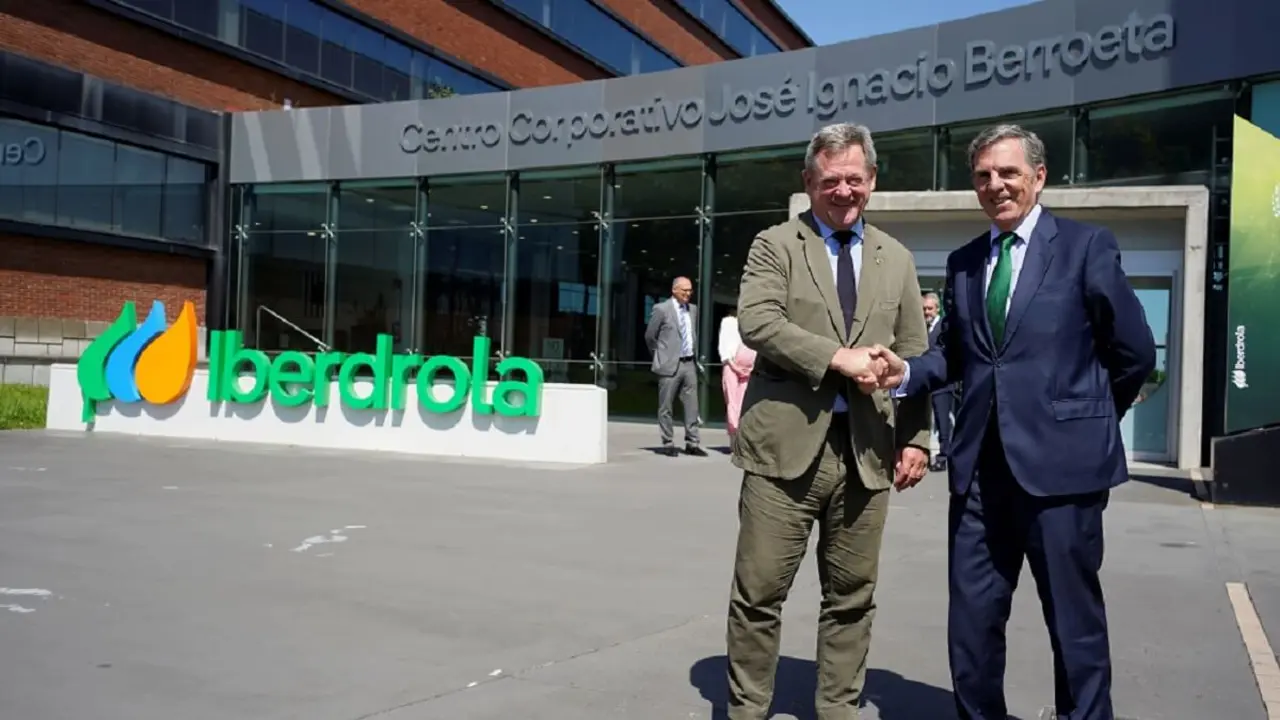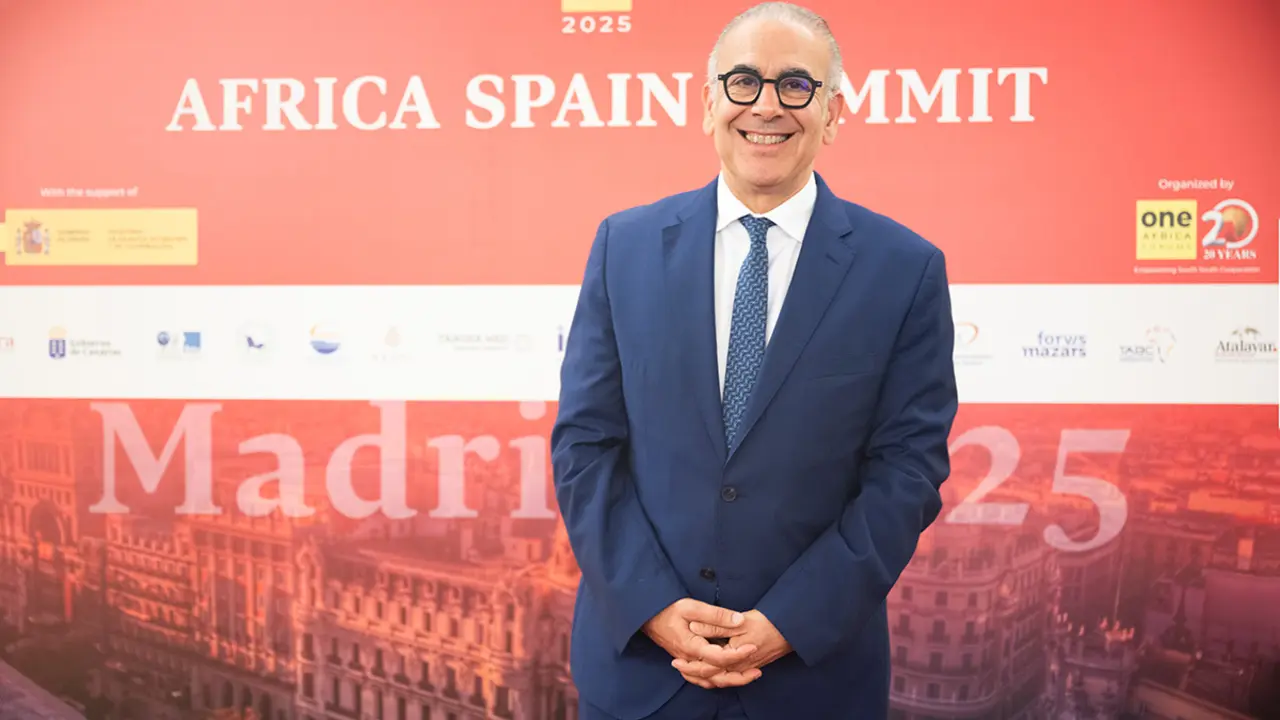ASCAME proposes a Mediterranean Council to unite the Mediterranean for climate action

ASCAME, the Association of Mediterranean Chambers of Commerce and Industry, proposes the creation of a Mediterranean Council to fight against climate change that integrates the public and private sector and other civil society actors. The main objective is to promote a regional plan among all Mediterranean actors to give a joint response to the devastating consequences of climate change in this area, such as the recent earthquakes in Turkey, Syria and Morocco, the floods in Libya and Greece, or the considerable increase in sea temperature and the multiple fires at any time of the year.
According to Anwar Zibaoui, general coordinator of ASCAME, "the fight against climate change cannot be solved independently by each country, it requires joint action and a shared vision of both the analysis of problems and the search for feasible solutions, integrating all the actors in the Mediterranean, without excluding anyone". He adds: "Without planning, regulatory framework and cooperation, we will not be able to move towards a more sustainable Mediterranean. Facing this challenge together represents a unique opportunity for our economies, because their future depends on diversification, efficiency and connectivity, but also for the Mediterranean to lead the world in the transition to a green and blue economy.
This regional climate change plan should address proposals agreed by all countries in the region related to environmental protection, climate justice and sustainable economy. Some of the main lines of action of this council would be:
- Implementation of environmental standards in all sectors of the region.
- That all Mediterranean countries can invest equally in green technologies to reduce the carbon footprint, reduce dependence on fossil fuels, promote the use of renewable energy sources (solar, wind, hydroelectric and geothermal energy) and encourage efficient waste management, as well as initiatives in favour of green transport. This will require enhanced scientific and technical cooperation.
- Focus on the green economy to promote regional development in line with the 2030 Agenda.
- Adopt new water management systems.
- Comprehensive approach to sustainability and renewable energy.
- Promote green finance, guaranteeing financial assistance to the private sector, especially SMEs, in their energy and climate transition process. ASCAME proposes to align financial resources with the objectives of the Paris Agreement, thus favouring the financing of projects committed to reducing emissions. Public-private partnerships are key to achieving a zero-emissions future.
- The powers causing the most damage to the climate must ensure financial assistance to countries that have suffered the consequences.
- Empower women and youth in the fight against climate change.
Only then will we build a more equitable future together.









